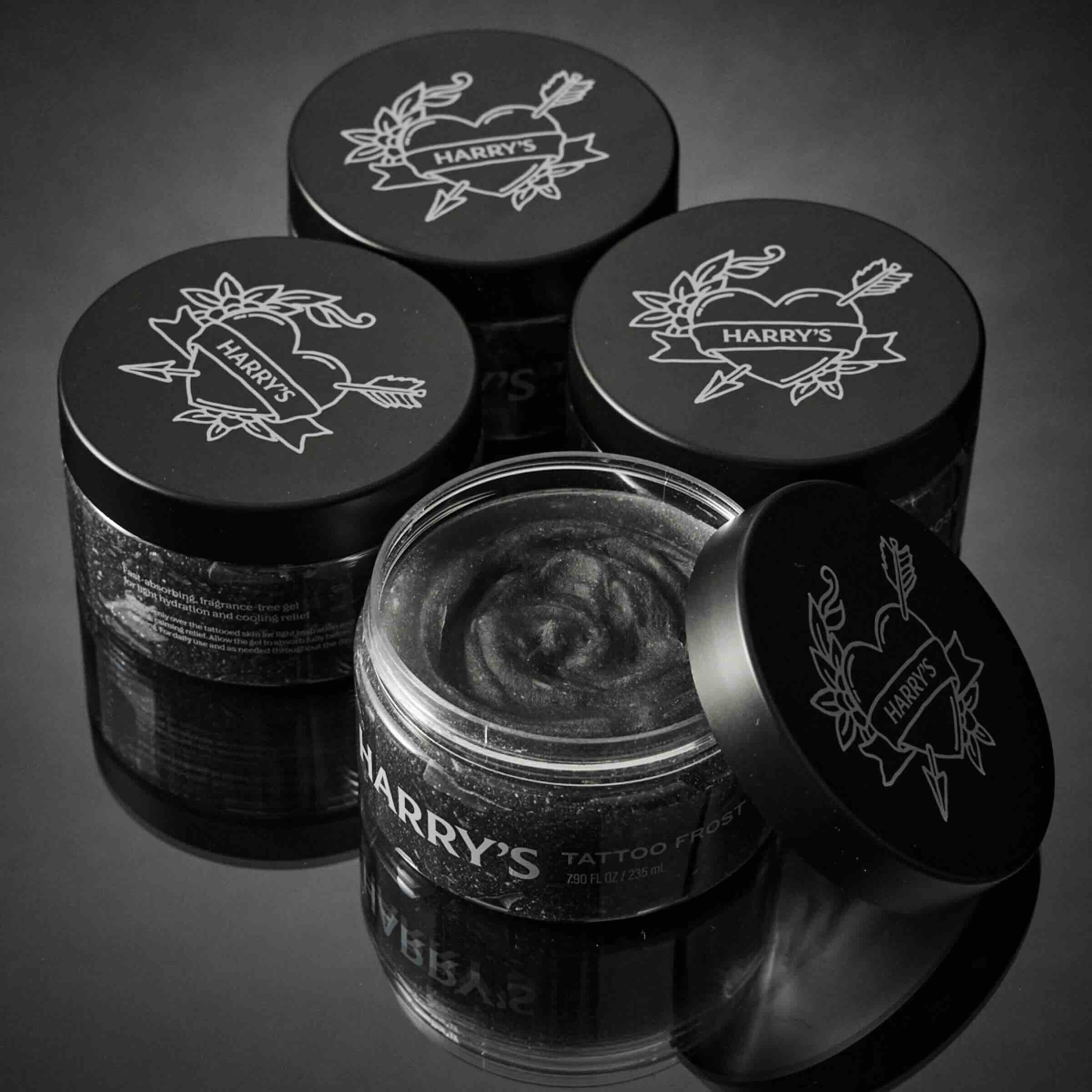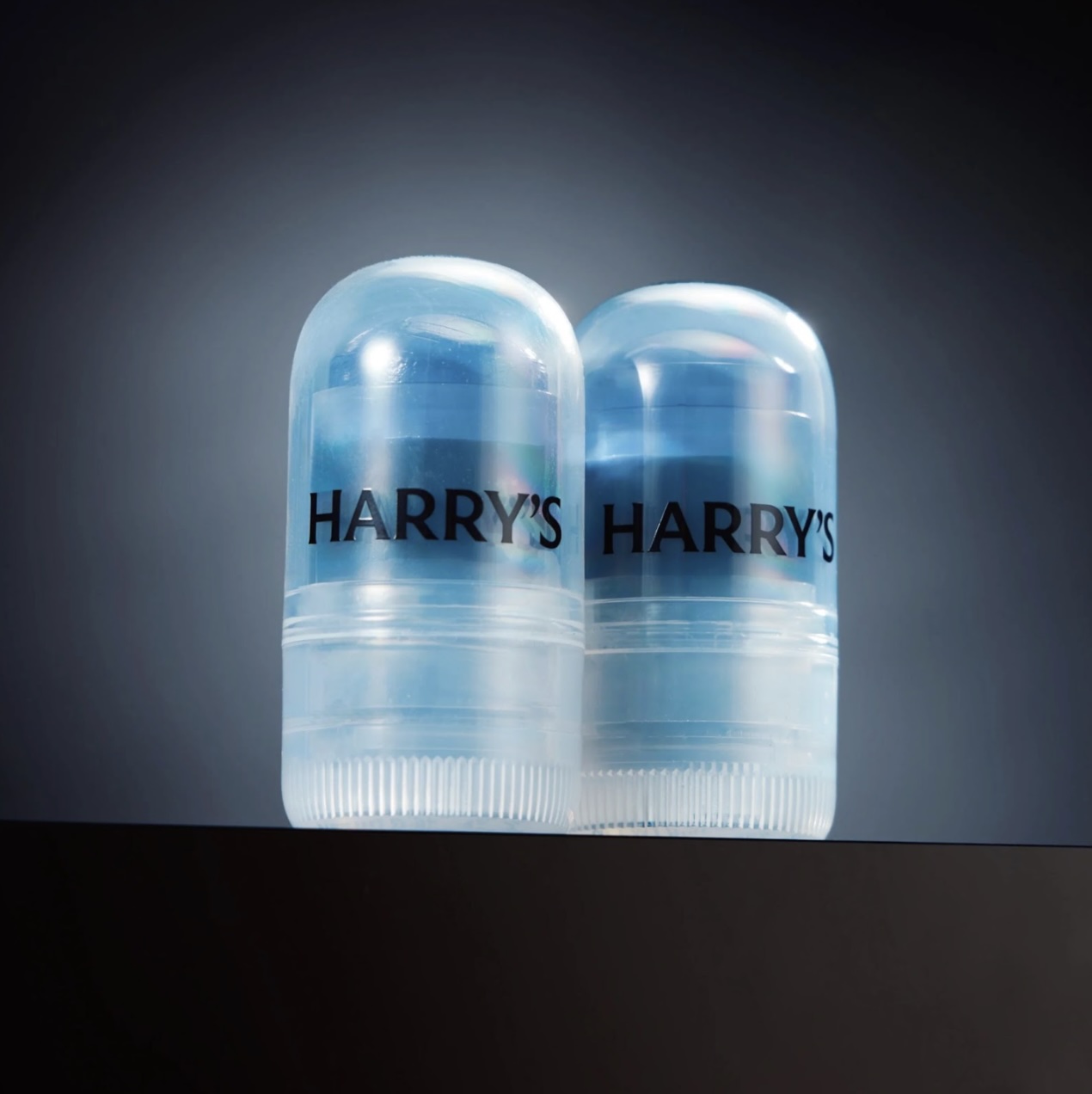Our team is dedicated to finding and telling you more about the web’s best products. If you purchase through our links, we may receive a commission. Our editorial team is independent and only endorses products we believe in.
Hi, hello, and welcome to your all-encompassing guide to using anti-aging products on ridiculously sensitive skin. I’m your host, a walking Fabergé egg with skin so reactive that I once cried at the sight of the sun. And yet here I am, two years into my line-smoothing journey, and I’m able to apply retinol every other day without burning, itching, flaking, or yelling. Yes, this is bragging—and no, I’m not about to gatekeep how I did it. So let’s get into it, shall we?
We like
We don't like
First: WTF Is Retinol, Actually?
If you’re here, I’m willing to bet that you’ve played—and lost—a game of chicken with your retinol. And honestly, I’m not surprised. Retinoids (i.e., the umbrella term for all vitamin-A derivatives, including the well-known retinol) are chemical compounds that sink into your face and tell your body to create more collagen and elastin, the two proteins responsible for maintaining smooth, firm skin.
Newborn babies have lots of collagen and elastin. Your great-grandma? Not so much. As you get older, your collagen and elastin production slows down, resulting in lines, wrinkles, and laxity of the skin. And, for added fun, your skin-cell production also slows down with age, forcing your old skin cells to stick around for longer, clogging your pores and dulling your glow.
Retinoids, however, quite literally trick your face into operating like it’s years younger than it actually is, speeding up your cellular turnover (the shedding of old and production of new cells), while also triggering new collagen and elastin production. The tl;dr result? Smoother, brighter skin, with fewer breakouts and fine lines after just a few months of continued use.
Cool, So Why Does Retinol Hate Me?
The downside to this Benjamin Button process is that it’s not exactly a butterfly kiss for your face. Not only have retinoids been shown to activate inflammatory receptors in your skin (think: your skin’s “intruder alert”), but they also slough off more skin cells than your face is used to, leading to major irritation in sensitive skin types. The more retinol you slather on—especially at high strengths—and the more frequently you apply it, the bigger reaction you can expect to have.
How to (Correctly) Apply Retinol on Sensitive Skin
Thankfully, I am proof that even the most delicate of skin types can eventually tolerate retinol, provided you follow my (not) patented and trademarked rules: Start low, go slow, and sandwich.
1. Start Low
Yes, a stronger retinol will give you faster results, but playing in the big leagues just isn’t feasible for sensitive skin. Avoid any retinoid that boasts “max strength” or “fast and powerful” on the label, and instead stick with low-dose retinols formulated specifically for sensitive and reactive skin (like my three favorites below).
2. Sandwich
Each time you apply your retinol, you’re going to “sandwich” it between two layers of moisturizer to help buffer its effects on your skin. So, at night, moisturize your face as per usual, then massage a pea-size dollop (seriously—more isn’t more, here) of retinol into your skin, then finish with another layer of moisturizer. You may not always need to sandwich, but for the first few months of your new retinol routine, stick with it to be safe.
3. Go Slow
The trick to bypassing your skin’s alarm system is to move ridiculously and frustratingly slowly. This is arguably the most important—and most ignored—step, but if you ever hope to use retinol without irritation, you need to listen up. For the first week, you’re going to apply your retinol just once (let’s say Monday night). For the next two weeks, you’ll apply it twice (say, Monday and Thursday nights). Then, for the next three weeks, you’ll bump it up to three nights a week (Monday, Wednesday, and Saturday nights).
If, at any point, you experience tingling, itching, stinging, burning, or irritation, those are signs you’ve tripped the alarm system, and you need to go down in application frequency. On the other hand, if your skin seems chill and happy after those first six or seven weeks, you can try applying your retinol every other night indefinitely.
Sounds easy, right? Yet most people tend to be lazy and impatient (I am "most people"), which means they end up skipping these steps after week one, moving way too quickly, and ending up with an inflamed face. Not ideal. So instead, I highly recommend adding the next few weeks of Retinol Days to your phone’s calendar, then holding yourself accountable as you would with any habitual routine.
My Three Favorite Gentle Retinols to Try ASAP
This serum is formulated with retinaldehyde, a potent retinoid that’s even stronger than retinol, and one that would typically be way too irritating for sensitive skin. But the science behind this gentle formula is seriously cool: It uses a compound called ectoin to temporarily “turn off” the inflammatory receptors in your skin, so you can get all of the high-strength, skin-smoothing benefits, without the scary irritation.
We like
We don't like
The star ingredient in this gentle serum is microencapsulated retinol, which is where the retinol is “wrapped” in a protective shell to help it sink into your skin without triggering irritation in the process. It's an invisibility cloak for your retinoids, if you will. And to offset any potential dryness, the serum is also formulated with moisturizing shea butter, sunflower seed oil, and aloe vera.
We like
We don't like
If you’re a drugstore skincare fanatic, I highly recommend this brightening formula from CeraVe. It’s the strongest of the three retinols on this list, but still fully tolerable for sensitive skin, thanks to its added ceramides (i.e., fats found naturally in your skin that help moisturize your skin) and niacinamide (aka Vitamin B3 that both brightens and soothes).
We like
We don't like
SLOW AND STEADY WINS THE RACE
Remember, this retinol process only works if you promise to take it slow. Even I had trouble listening to my own advice when I had to wait another week to apply my new retinol. But grab one of these gentle formulas above, sandwich it between your favorite moisturizer, and follow your calendar, I beseech you. You’ll soon be sitting tall atop your high horse, right next to me.






















